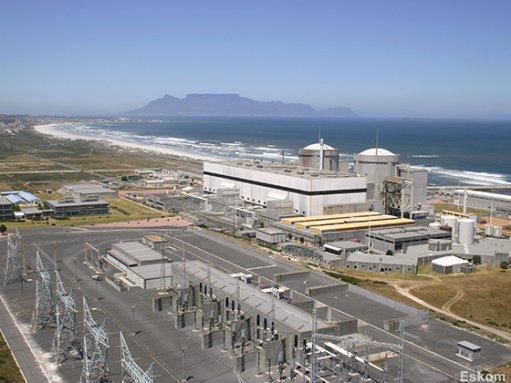
The Koeberg power station
Nuclear technology had the potential to boost South Africa’s economy beyond the energy industry, said South African Nuclear Energy Corporation Nurad division acting group executive Ayanda Myoli.
The development of the country’s nuclear ambitions would see the expansion of industries stretching from agriculture and food to medical and manufacturing.
South Africa was currently one of the world’s largest suppliers of medical radioisotopes, through Necsa subsidiary NTP, distributing to over 50 countries and saving in excess of ten-million lives a year, he pointed out.
Radiochemistry and radiolabelling were also playing key roles in the development of new diagnostic and therapeutic pharmaceuticals and radiopharmaceuticals.
The nuclear build programme would also add some 27 000 jobs to the economy during the construction of the first four of six planned reactor units.
The country's future energy mix included 9.6 GW of nuclear energy by 2030. Currently, with a 2 GW capacity at Koeberg, in the Western Cape, the nuclear industry was responsible for 3 000 direct jobs.
The industry offered 0.5 jobs a megawatt, compared with the coal industry, which produced 0.19 jobs a megawatt and the solar photovoltaic sector at 1.06 jobs for each megawatt.
With a construction time of about five to ten years, Myoli stressed that the country had to fast track the building of nuclear reactors
While the construction costs of nuclear plants were among the highest capital costs amid power-generation plants – with total plant costs of between $3 800/kW and $4 250/kW and total capital costs between $5 100/kW and $5 700/kW – the total cost of ownership was the second-lowest at between $76/kWh and $87/kWh, with only natural gas-generated power cheaper.